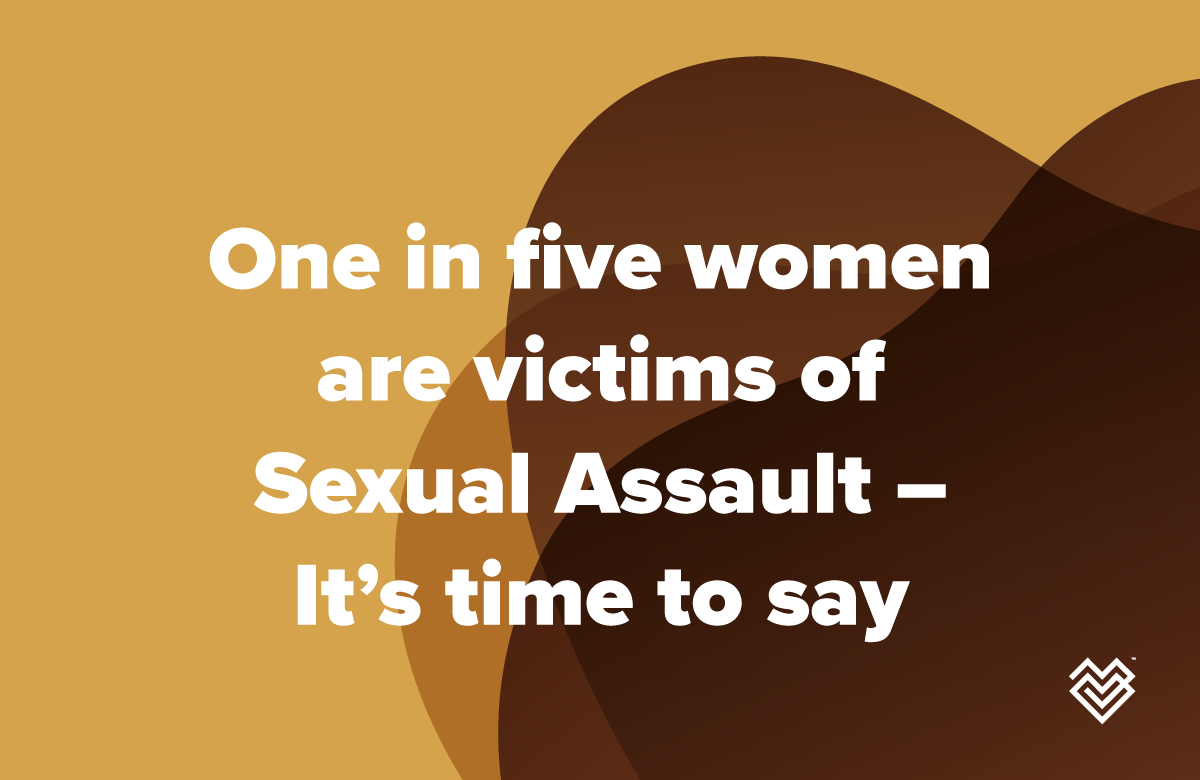No one should have to look over their shoulder or feel unsafe when they are walking alone. No one should be subjected to abuse or harassment, whether online, on public transport, at home, at work, or on our streets.
Sadly, statistics reveal 1 in 5 women are victims of sexual assault or attempted assault in their lifetime, with over 27% of women having experienced domestic abuse since the age of 16, and 20% of women aged 16-74 having experienced stalking.
This means some of the women in your life such as your sister, mother, aunty, friends and potential partners may have experienced some form of abuse – which is a devastating reality.
Forms of abuse can include domestic abuse (such as physical, sexual, or financial abuse, or controlling or coercive behaviour), verbal harassment in the street, workplace, or other environments, unwanted sexual touching, so-called ‘revenge-porn’ (sharing or threatening to share intimate images of someone else without their consent), cyberflashing (sending intimate pictures to someone without consent), forced marriage, and stalking.
These are all unacceptable , whether inflicted by a partner, ex-partner, family member, colleague, friend, or stranger.
We know that when abuse towards women and girls goes unchecked, it can become normalised. And if the people who carry out (or witness) these behaviours think it’s normal or acceptable, the abuse can escalate and have a devastating and long-lasting impact on victims, their families, and our society.
The power to tackle these behaviours is in all of our hands, as we believe it takes a village to truly end violence against women and girls.
What can you do to help?
Here are 5 examples of what you can do to safely diffuse a situation and support someone who is experiencing abuse.
Delegate: Involve others. If you don’t feel it’s safe or appropriate for you to step in, see if you can get someone else to intervene for you or with you.
Document: This can help to support the person experiencing abuse and help you to be a witness. Always ask the victim what they want you to do with the information.
Distract: Interrupt the incident. You could do this by striking up a conversation with the victim or dropping something nearby.
Delay: If it’s not safe to challenge there and then, it may be best to wait until it has passed. Then you can approach the victim to check they’re OK and ask if they want your help.
Direct Action: If safe to do so, call out the abusive behaviour by making clear, calm statements. Think carefully before doing this as it can cause a situation to escalate.
A new website is now available to provide more information on the steps people can take to safely challenge violence against women and girls, guidance for victims of abuse, and advice for perpetrators who recognise their behaviour needs to change. For more information, please visit www.gov.uk/enough
This blog is brought to you in support of the government’s new anti-violence against women and girl’s campaign, Enough.

